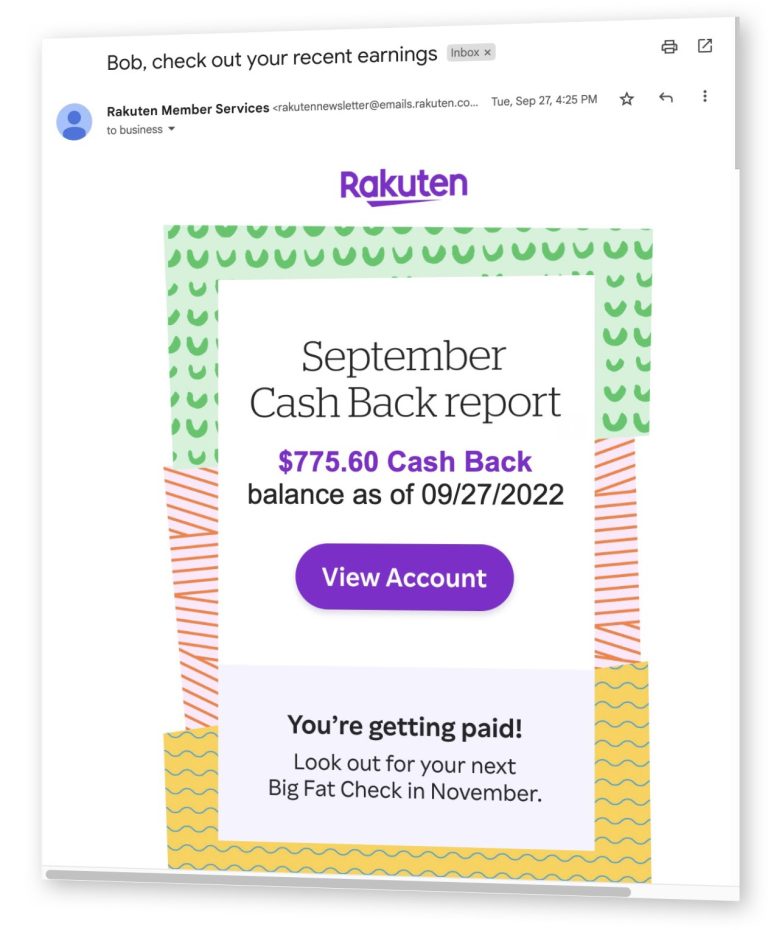One of the oft repeated mantras in leadership training is to surround yourself with people who understand you and support what you do. This philosophy translates well to people who need emotional support for any endeavor, even if one’s goal is to just keep living. Everybody needs support, and everybody needs to feel that someone is on their side. It’s easy to get overwhelmed by life, but when you have someone you can share your troubles with, someone who is empathetic to you and your situation, you have a strong advantage for survival.
Entrepreneurs and business leaders often find that they have difficulty finding other people who relate to their particular flavor of struggle. And people who coach these entrepreneurs and business leaders believe strongly, and work hard to convince these entrepreneurs and business leaders, that they are unique flowers whose internal processes are not understood by the “average” person. And because the average person doesn’t “get it,” the average person is not in a position to offer constructive feedback.

I’ve been subjected to leadership training that takes this to another level. There is a movement that encourages business leaders an interesting philosophy — to ignore people who disagree, and dismiss these people simply because they don’t “get it,” whatever “it” might be. I unfortunately worked for a boss who took this to the extreme. It’s not hard to do when your organization is strongly focused on a mission that requires an initial leap of faith. The best way to operate an organization like this, particularly in the nonprofit world, is to surround yourself with people who believe in the mission as strongly as you do. If that mission is tied closely to the business leader’s personal values, the result is an organization of people who trust the leader explicitly and implicitly, and are often afraid to offer any dissenting opinions.
This crowd, who motivational speakers encourage you to create as your closest entourage, could be called your “positive posse.” I tried to find anyone who has used that phrase to refer to this concept, but couldn’t quickly find any prior use, so this author is claiming it.
With my business, I’ve done a few things that could have been considered crazy. Ten years ago, I began spending a lot of time building Consumerism Commentary. It became more than just a hobby; it was a job — a job I enjoyed — that was earning money. I thought it could earn me a living some day. This was at a time that there were not a large amount of people earning money from writing on their own website. This was before multi-million dollar blogs, this was before people could earn five million dollars a year from advertising by sharing videos about opening toys on YouTube.
I could have encountered a lot of resistance from people who “get” blogging. Maybe it was just who I was originally surrounding myself, but I never felt that someone didn’t understand what I was doing and see the potential. For me, the idea that the general public can’t understand the struggle of an entrepreneur and his crazy ideas was a myth.
That’s not to say that everyone thought I was making a smart decision regarding how I was spending my time. But they understood it, and they supported me. And I listened. I welcomed other people’s well-considered criticisms. If you don’t, if you shut out opinions of people you trust if they don’t agree with you from the outset, you’re setting yourself up for missing opportunities and making mistakes.
In November 2012, the Republican candidate for President of the United States, Mitt Romney, lost the election. According to reports, the loss blind-sided him. He and his closest advisers were not just optimistic about Romney’s win, but convinced it was the only likely outcome. There may be a number of possible reasons why Romney lost, but what’s important here is why he wrongly believed he would surely win.
Romney’s positive posse shaped his view of the election. The campaign advisers ignored signs that pointed to an impending loss. They focused on goals Romney was likely to achieve in order to build his confidence and personal momentum. In effect, the positive attitude and willful ignorance prevalent among the top advisers shielded him from reality. Aides saw polling results they didn’t necessarily agree with, and blamed the methodology rather than recognizing the situation.
This is a result of the “positive posse” approach. When you have no tolerance for dissent, you encourage the people closest to you to be “yes-men.” If your closest advisers (or for non-politicians, closest friends) are afraid to bring you bad news or identify opportunities for improvement, you will continue to operate without much change or adaptation. Adaptation is one of the single most important factors for long-term success.
By the time I quit my day job to write for Consumerism Commentary full-time, there was no one who would have told me it was a bad idea. I had all ready proven the concept that I could make a living from creating an online publication, and by that time, it wasn’t as crazy an idea it had been years prior. And over the years, most people understood that there was a potential, even if they didn’t believe I was handling the opportunity the best way possible.
When I spoke to those who had ideas that were different than mine, I listened. I considered. I adjusted. The business wouldn’t have succeeded without advice from trusted friends and colleagues who had some suggestions that were different than how I would have handled the business on my own.
For example, I may not have considered pivoting towards a revenue-building approach that focused primarily on affiliate sales. I was happy taking advertisers’ money for banner advertising, but the idea of being paid a fee when readers became customers of a partner made me hesitate. I wasn’t sure if I could write about companies honestly if there were a chance of being paid more for convincing customers to sign up with that company. Eventually, I found a way I could be comfortable with that idea, and ensure that my business continued to operate in line with my values.
But I never would have taken advantage of that opportunity, and I may not have been as financially successful, if I had allowed myself to dismiss those who criticized me as people who just didn’t “get it.” If I limited my business discussions to be only with those who were working in the same way I was, we would probably continue reinforcing each other’s beliefs without growth. This positive posse, devoid of dissent, would have prevented me from realizing the business’s potential.
This doesn’t apply only to business owners and entrepreneurs. If you don’t allow yourself to receive criticism, you will find it more difficult to pay off debt, you may never reach financial independence, and you might not be able to live your life differently.
Years before I founded Consumerism Commentary, I had to start listening to people who disagreed with me. I was fine ignoring speeding tickets and increasing bills, but my world collapsed, and I had to start facing the criticism I had been receiving by those closest to me. I needed to learn to live my life differently. I didn’t want to give up my life in nonprofit education, but the critics were right; it was time for me to try something else, at least for a period of time.
This process hasn’t changed. For the last decade, I’ve written a lot about using discount brokerages and buying low-cost index mutual funds. And that’s still the approach that I recommend for just about everyone. In fact, my father called me up recently to talk about what he should do with his money. I reminded him I am not a financial planner or adviser, but he trusted me anyway. I told him that a mix of stock and bond index mutual funds is still what I would do.
Despite this philosophy, a friend who (through marriage) has considerably more money than I do pointed out that even those small Vanguard management fees add up in a large portfolio, and you can beat those management fees by setting up trades of individual stocks that can imitate the index funds. So over the last month or so, I’ve been looking into changing the way I manage my own money.
I wouldn’t have explored different investment options if I were to offhandedly dismiss everyone who doesn’t believe that index funds are the best approach to investing every time for everyone. It would be easy to ignore these dissenters because on a professional level I deal almost exclusively with people who do believe the same thing I’ve been writing about for more than a decade.
Seth Godin, usually quoted by people who tend not to take dissenting opinions well, recently offered the following:
It’s quite natural to be defensive in the face of criticism. After all, the critic is often someone with an agenda that’s different from yours. But advice, solicited advice from a well-meaning and insightful expert? If you confuse that with criticism, you’ll leave a lot of wisdom on the table. Here’s a simple way to process advice: Try it on.
Do you have a positive posse? How do you deal with people who vocally disagree with your choices?
How Your Positive Posse is Destroying You is a post from Consumerism Commentary. New to Consumerism Commentary? Start here.
![]()
SOURCE: Consumerism Commentary – Read entire story here.




















